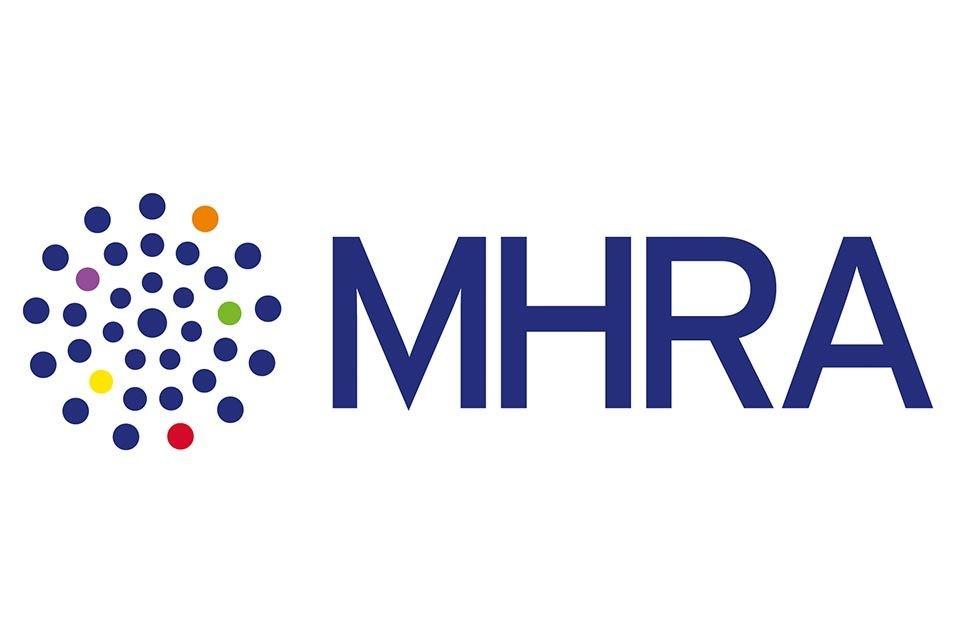New treatment approval for relapsed or refractory DLBCL
Published on: 4 January 2022The UK’s Medicines & Healthcare products Regulatory Agency (MHRA) has approved tafasitamab, combined with lenalidomide, for the treatment of adults with relapsed or refractory diffuse large B-cell lymphoma (DLBCL) who can’t have a stem cell transplant.

The Medicines & Healthcare products Regulatory Agency (MHRA) has recommended that a new drug called tafasitamab, combined with lenalidomide, should be approved for the treatment of diffuse large B-cell lymphoma (DLBCL).
Tafasitamab is an antibody therapy that sticks to a protein called CD19 on the surface of lymphoma cells. This attracts immune cells, which kill the lymphoma cells. It is given through a drip into a vein.
The MHRA has approved it for adults with DLBCL that has come back or not responded to previous treatment and who can’t have a stem cell transplant. It is given in combination with lenalidomide for up to a year, and then on its own.
Lenalidomide is a targeted treatment that helps your immune system attack lymphoma cells and stop them growing. Lab studies have shown that lenalidomide might also boost the anti-cancer effects of tafasitamab. It is given as a tablet. It is already available to treat some types of lymphoma.
A clinical trial of tafasitamab plus lenalidomide found that it was a well tolerated drug combination and produced long-lasting responses for many people with relapsed or refractory DLBCL who were not able to have a stem cell transplant.
Tafasitamab is currently being assessed by the National Institute for Health and Care Excellence (NICE), to decide if it should be made available on the NHS. We will report on the outcome when it is announced.
Published: 4 January 2022
